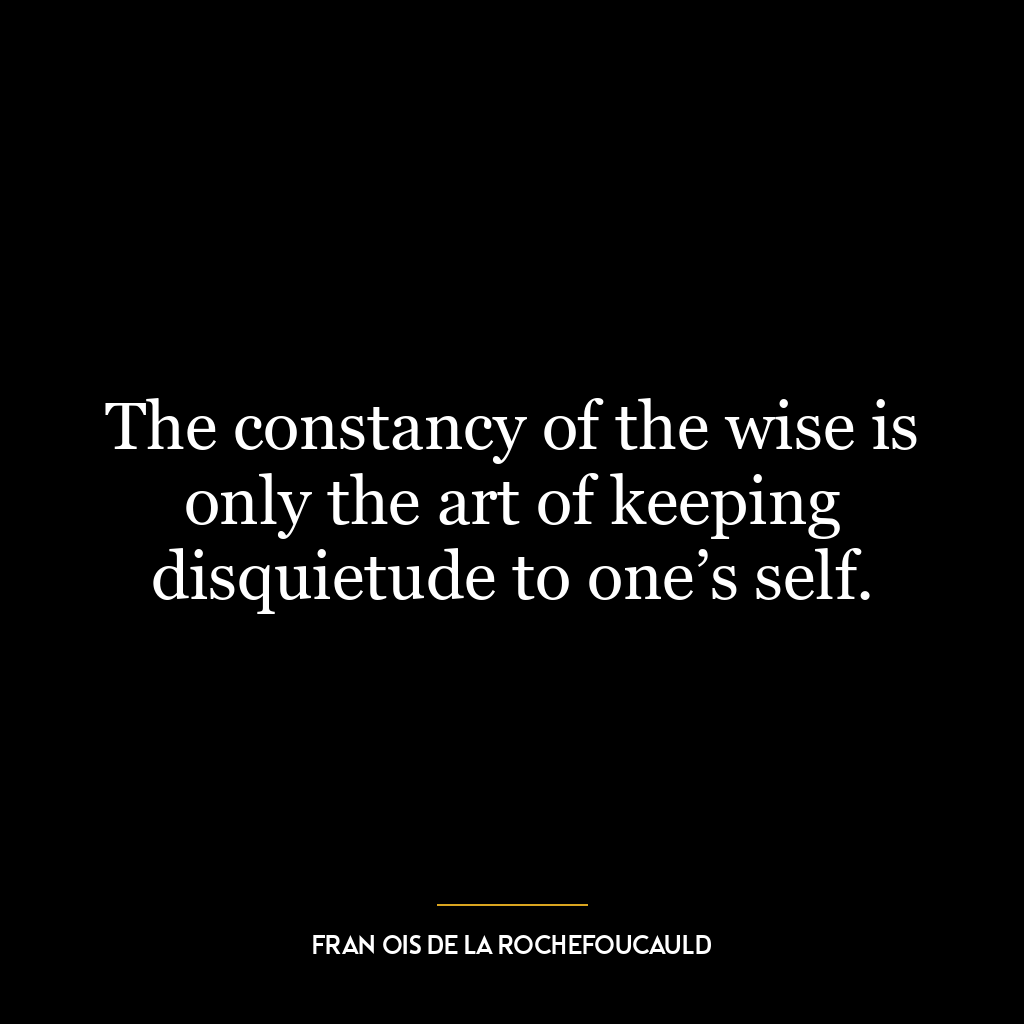To know everything is to know nothing, but to know nothing is to know everything.
This quote is a paradoxical statement that explores the nature of knowledge and wisdom. “To know everything is to know nothing” suggests that claiming to know everything is equivalent to knowing nothing. This is because the universe is vast and complex, and it’s impossible for any one person to know everything. Additionally, those who claim to know everything often close themselves off to learning and growth, as they believe there’s nothing more to learn. In this way, their supposed ‘knowledge’ limits them, making them essentially ‘know’ nothing.
In contrast, “to know nothing is to know everything” suggests that recognizing one’s ignorance or lack of knowledge is a form of wisdom. It opens the door to curiosity, learning, and growth. By acknowledging that we don’t know everything, we become open to the vastness of the universe and the limitless possibilities of knowledge, thus we ‘know’ everything in the sense that we are receptive to all knowledge.
Applying this idea to today’s world, it suggests the importance of humility and continuous learning. In our information age, where data and knowledge are easily accessible, it’s easy to fall into the trap of thinking we know everything. However, this quote reminds us that true wisdom lies in recognizing our own limitations and being open to new ideas and experiences.
In terms of personal development, this quote encourages us to adopt a growth mindset. Instead of seeing our knowledge as fixed or limited, we should see it as something that can continuously expand and evolve. It encourages us to be humble, curious, and open-minded, and to value the process of learning, rather than the end result of ‘knowing’.








